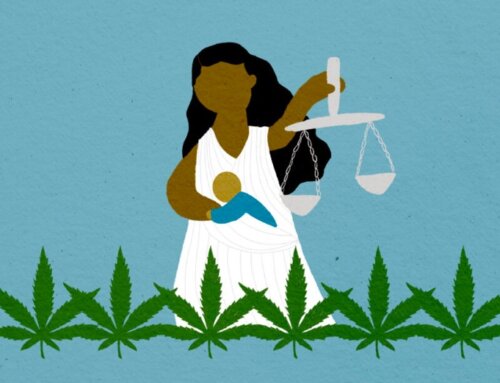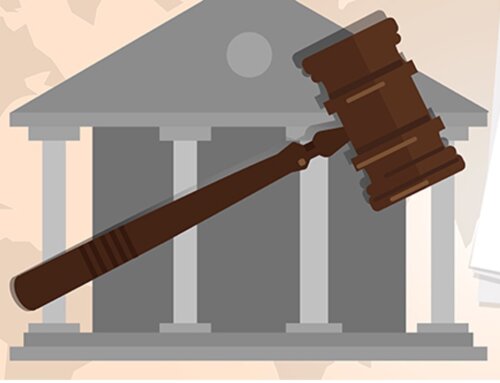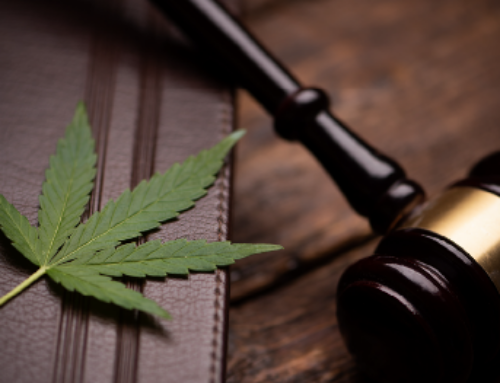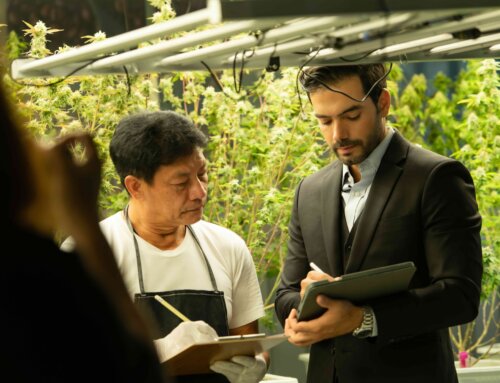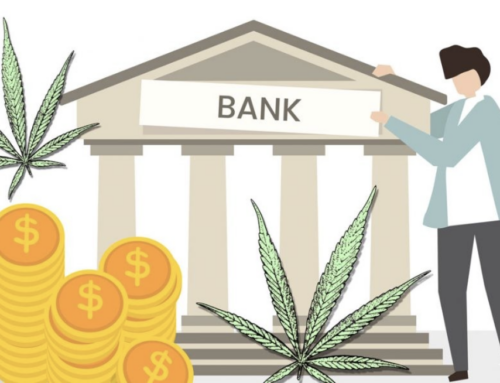Some states that have legalized recreational marijuana have nonetheless put consumers in a difficult situation, one in which they may be unintentionally violating the law. For example, in Nevada customers can only consume marijuana in a private residence. This limitation becomes especially acute for the millions of tourists that visit Las Vegas every year, as none of its thousands of hotel rooms constitute a private residence. Although the Nevada Legislature is currently working to address this shortcoming, other states have already taken action. One of these states, New Mexico, has offered a solution in the form of “cannabis consumption areas,” which allow patrons to consume marijuana on-site.
The New Mexico Legislature, with support of Governor Lujan Grisham (D-NM), recently passed House Bill 2 (“HB 2”), which legalizes marijuana throughout the state. HB 2 also legalizes cannabis consumption areas, which the bill defines as “an area where cannabis products may be served and consumed”. Often referred to as cannabis lounges, these areas can also take the form of a bar, and may be indoors or outdoors. HB 2 also provides for the complementary licensure of “cannabis servers”, who are allowed to “offer, sell or serve” cannabis to patrons of a cannabis consumption area.
The bill does provide some limitations regarding cannabis consumption areas, such as restrictions pertaining to secondhand smoke, and a mandatory required distance from schools and daycare centers. Given that consuming marijuana is often a group activity done among friends, legalizing cannabis lounges seems like a natural progression of the country’s ongoing legalization of marijuana. Moreover, allowing individuals to consume marijuana together in designated areas may have the added benefit of reducing the frequency of certain conflicts, such as landlord-tenant or neighbor disputes over smoking. This benefit could be especially pronounced in local jurisdictions and neighborhoods less accepting of marijuana use, which may prefer that the activity be confined to designated areas as much as possible.
New Mexico’s economy is highly dependent on tourism, which annually generates hundreds of millions of dollars in revenue for the state government, as well as local jurisdictions and businesses. For this reason, cannabis lounges will offer New Mexico an additional way to generate tax revenue and stimulate economic activity from the thousands of people that visit every year, especially those from states where marijuana is illegal or only partially legal. Under HB 2, most cannabis sales will be subject to a hefty excise tax, which is scheduled to increase until reaching 18 percent in July 2030. Nevertheless, New Mexicans and tourists alike will not have to wait that long to begin frequenting cannabis lounges, as recreational sales are expected to begin by April 2022.

